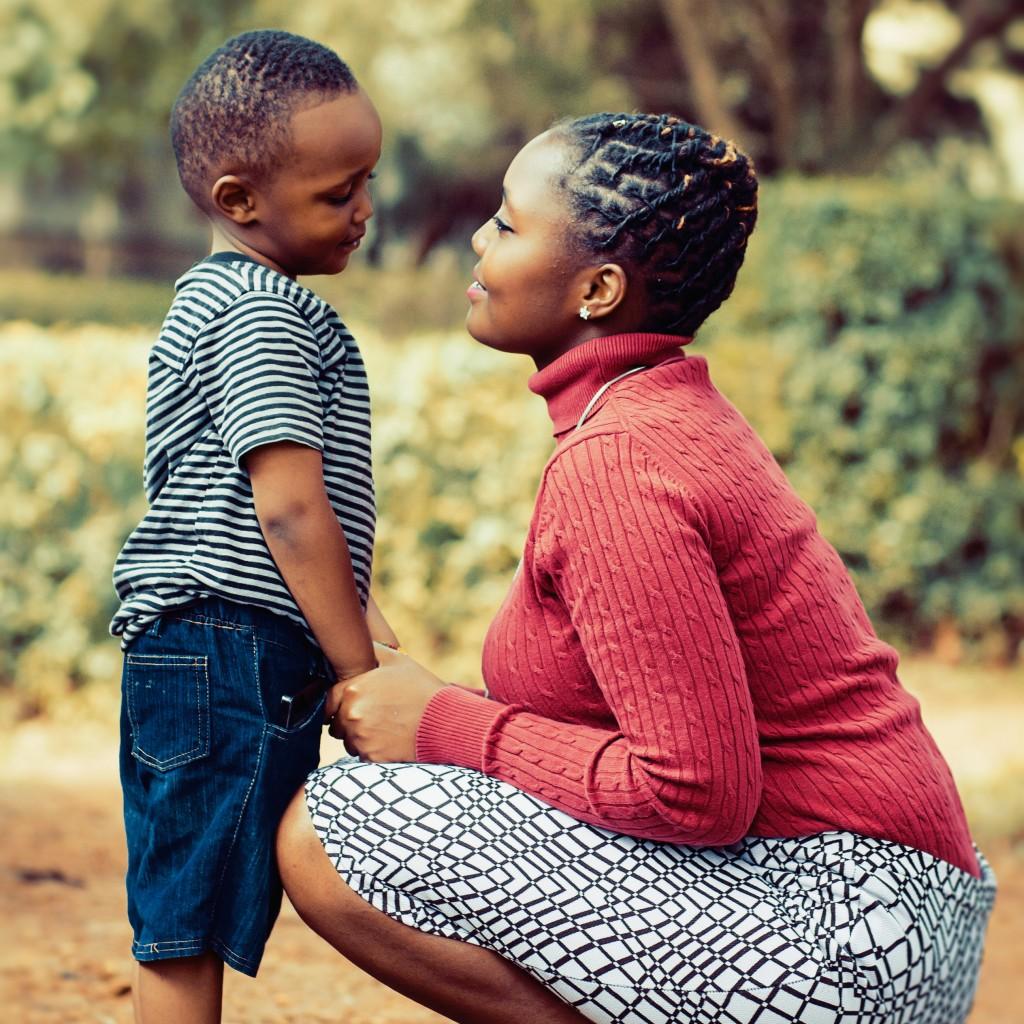
And that makes sense. Most of us are ill-equipped and have no idea what we’re doing, other than the experience we remembered from our childhood, and our reactions and feelings we have with our kids.
However, often as parents it’s hard to know how to navigate fights about teeth brushing and bedtime into opportunities to learn skills without causing fights, rebellion, or hurt feelings.
If a goal of yours is to have a cooperative family, there are a few things to evaluate and a few phrases you could adopt. These are all adopted from “Positive Discipline” tools by Dr. Jane Nelsen. There are also common things parents do – because it’s what most of us were shown – that can end up causing more conflict and keep relationships from growing.
Stop telling. If you are a parent who tells your child what happened, what caused it to happen, how they should feel about it, and what they should do about it, most likely your child is not able to absorb any of your “lessons.” When we give mini-lectures and explain poor decision making to our kids, their first reactions are to get defensive and block out the conversation.
So what usually happens when your child tells you something? Do you listen, do you start to explain, do you get defensive, do you lecture?
Questions like:
For instance:
If we have goals for our children, they have to be given opportunities to develop the skills to reach those goals. And children often learn by observing much more than by listening to instruction. So we have to take an honest look at how we model the behaviors we hope they will have, and be forgiving as they go through the process of learning them.
Giving someone the answer will never be as useful as helping them come to the solution themselves. And that is what parenting is – a guided world where we take care of our children, fundamentally and psychologically, in the best way we can.
When our children misbehave, instead of believing they are naughty, spoiled, or a trouble maker, evidence shows that they are usually discouraged and are using a negative coping technique. If we can encourage our children with firm and kind reactions, and with dignity and respectful conversation, they are much more likely to grow and engage.
Encouragement has the power to change brain chemistry and behavior. One way to begin this positive change is to take a look at our behavior and see if there is room to make a few adjustments too.
Also, remember, your child is a child. They crave connection and belonging just like we do as adults, but they crave it most with you. So before any corrective steps are taken, try connecting with your child in one of the most basic and effective ways: ask for a hug.
Hugs are not rewards, and they are not evading conversations. They are merely a way to show you love your child, and that you will love them regardless of their behavior.
Photo by Nicholas Githiri from Pexels
